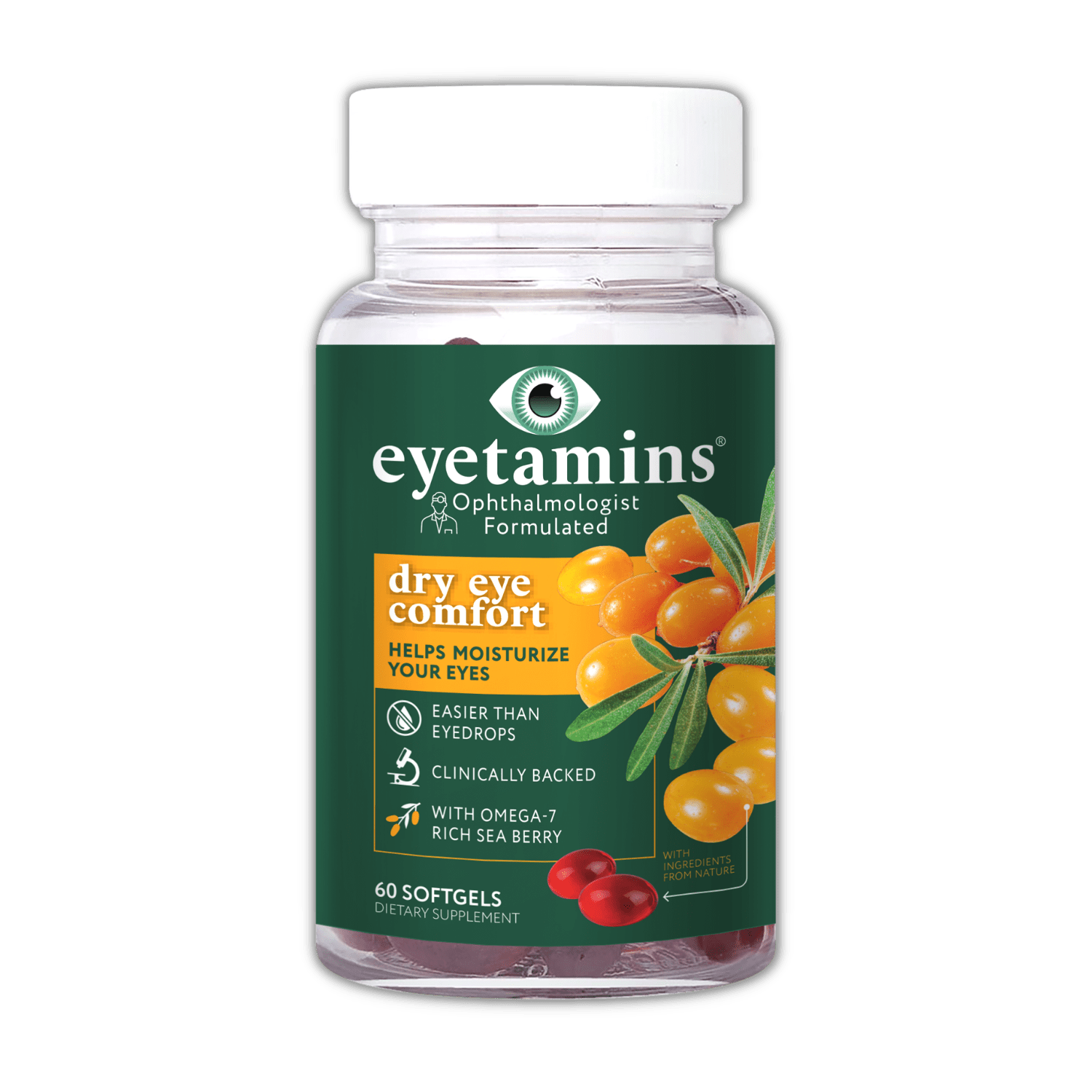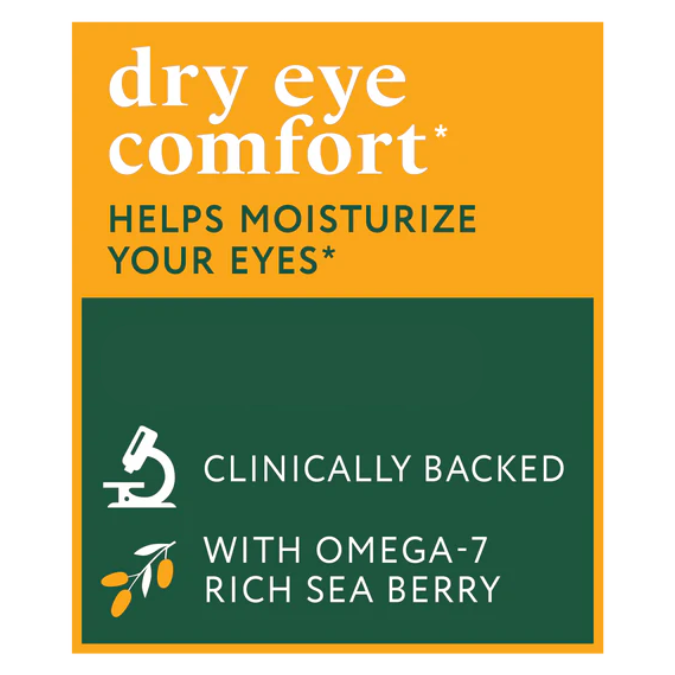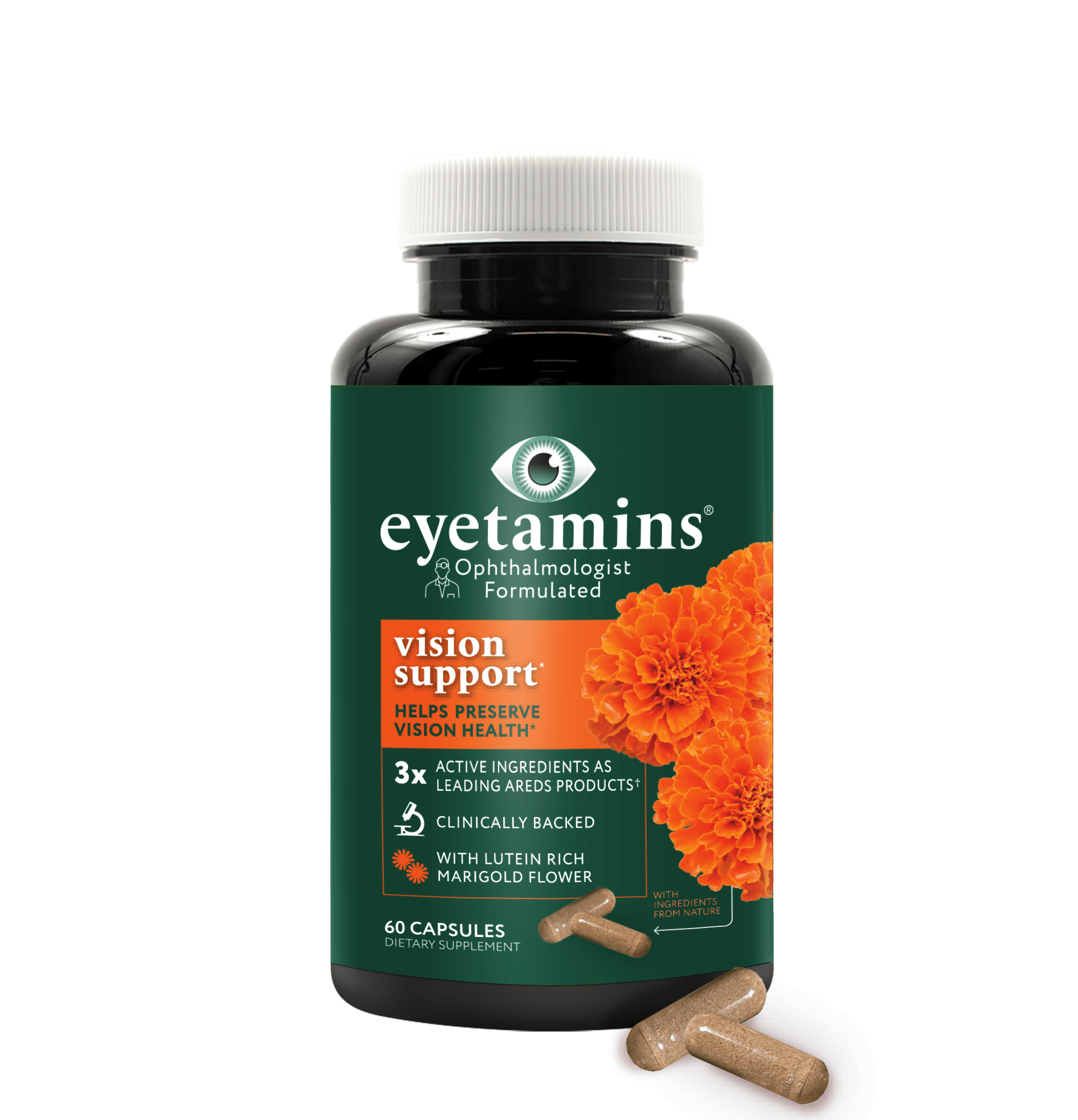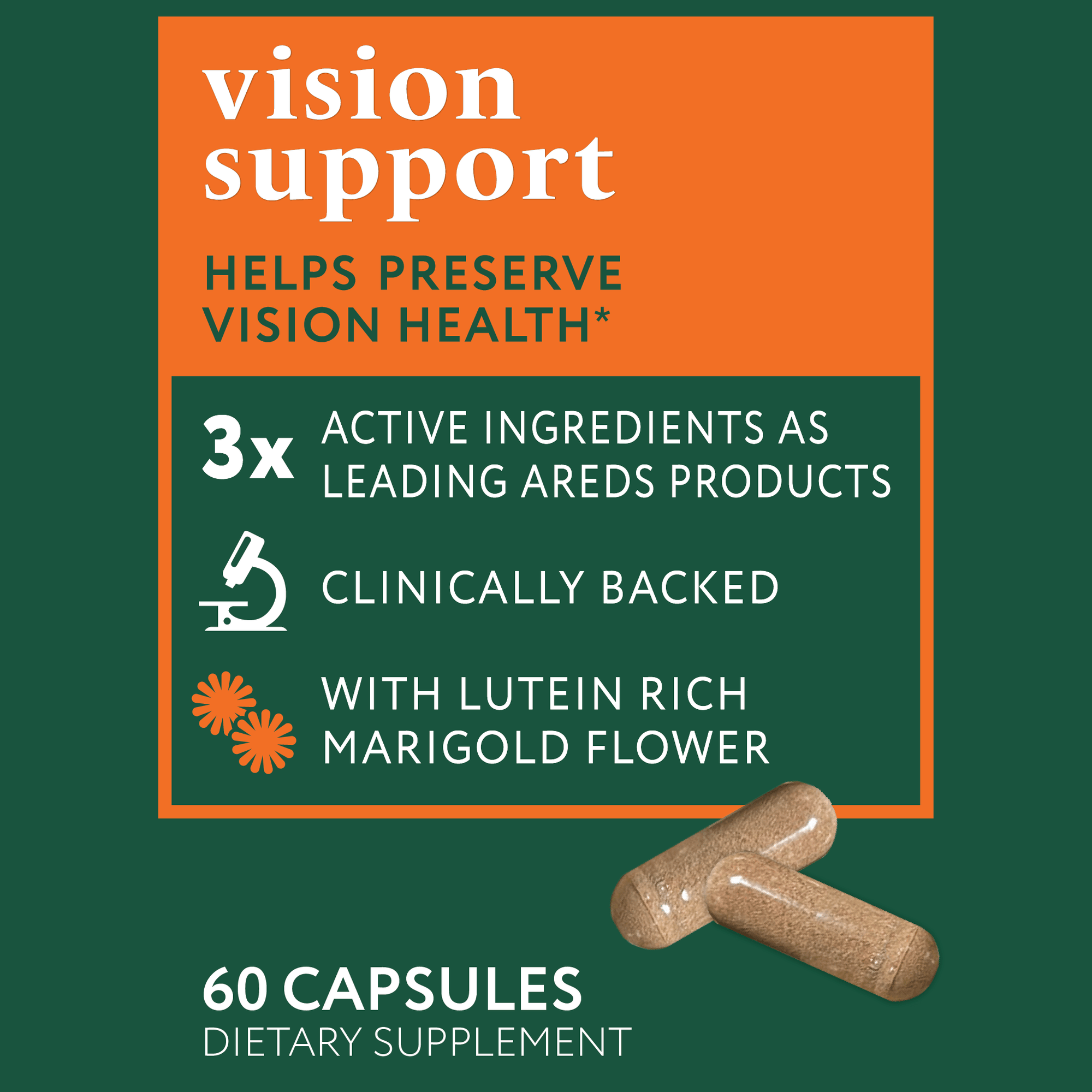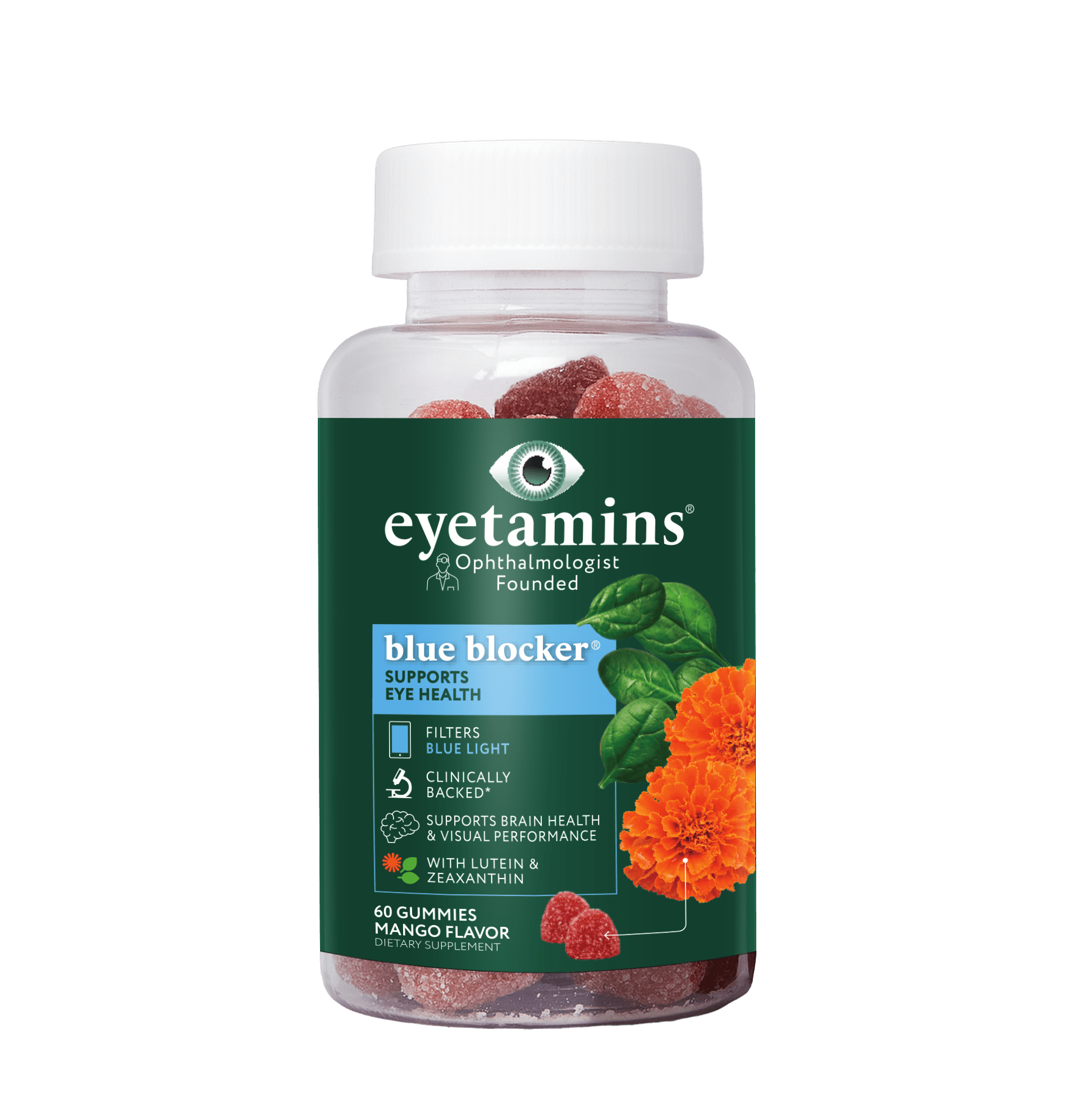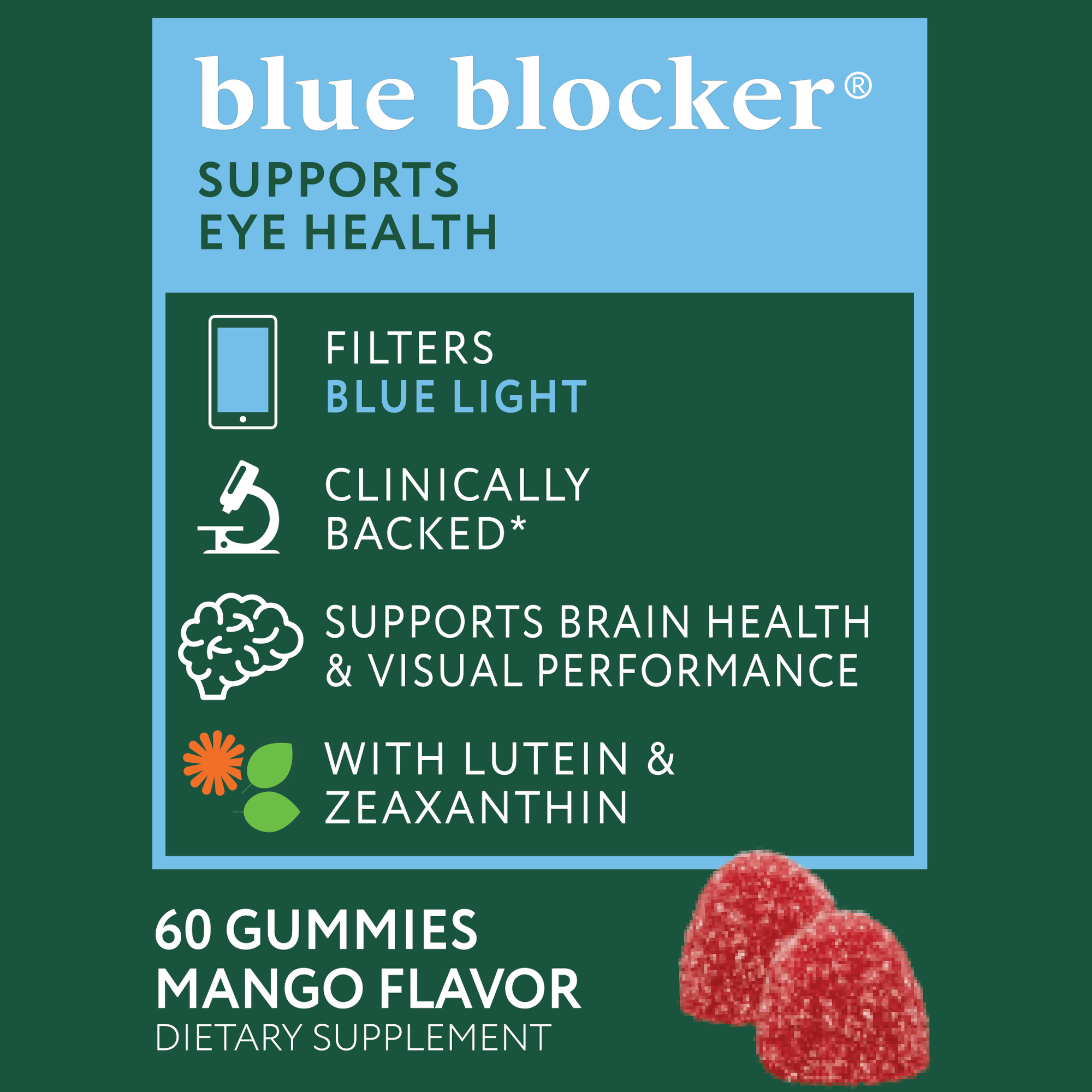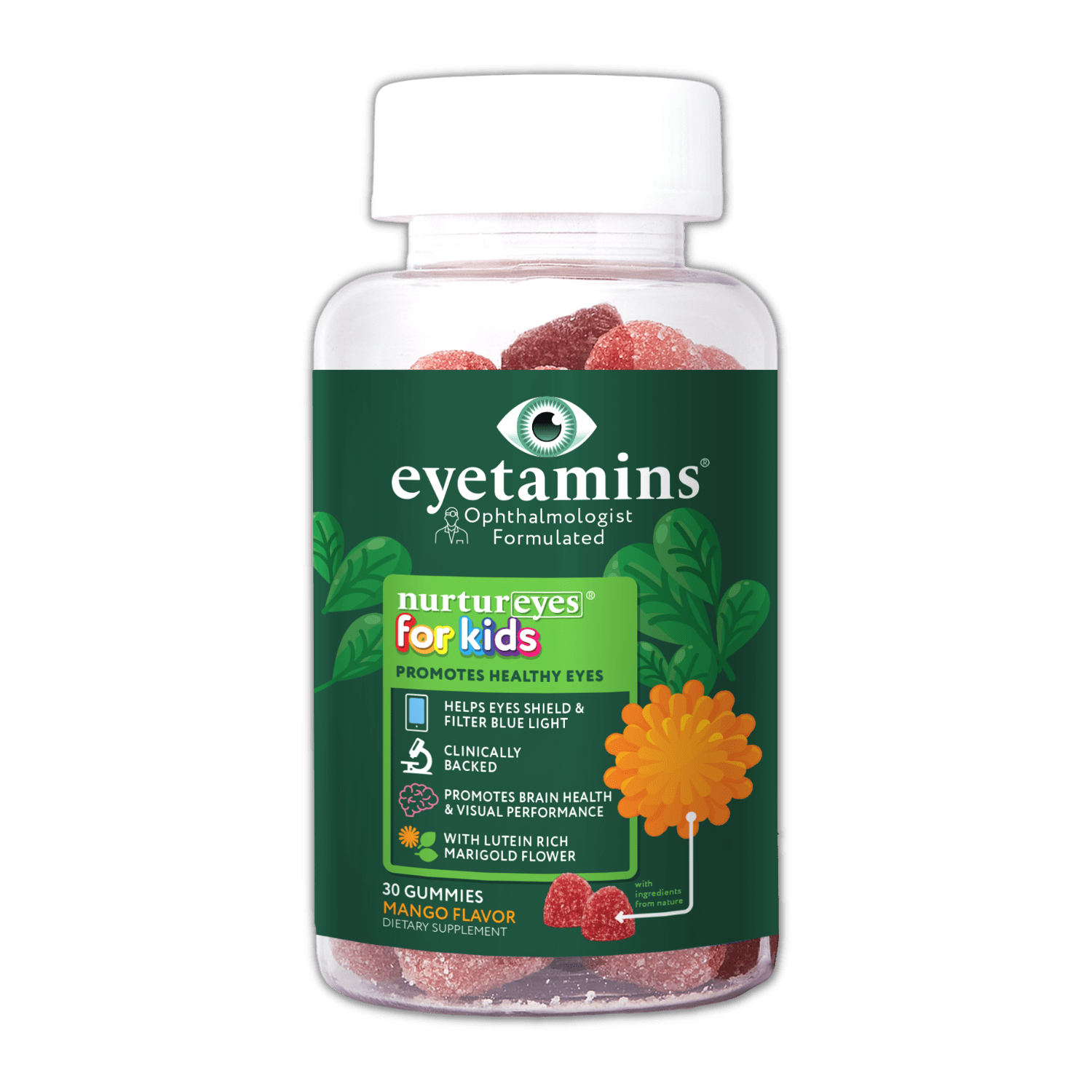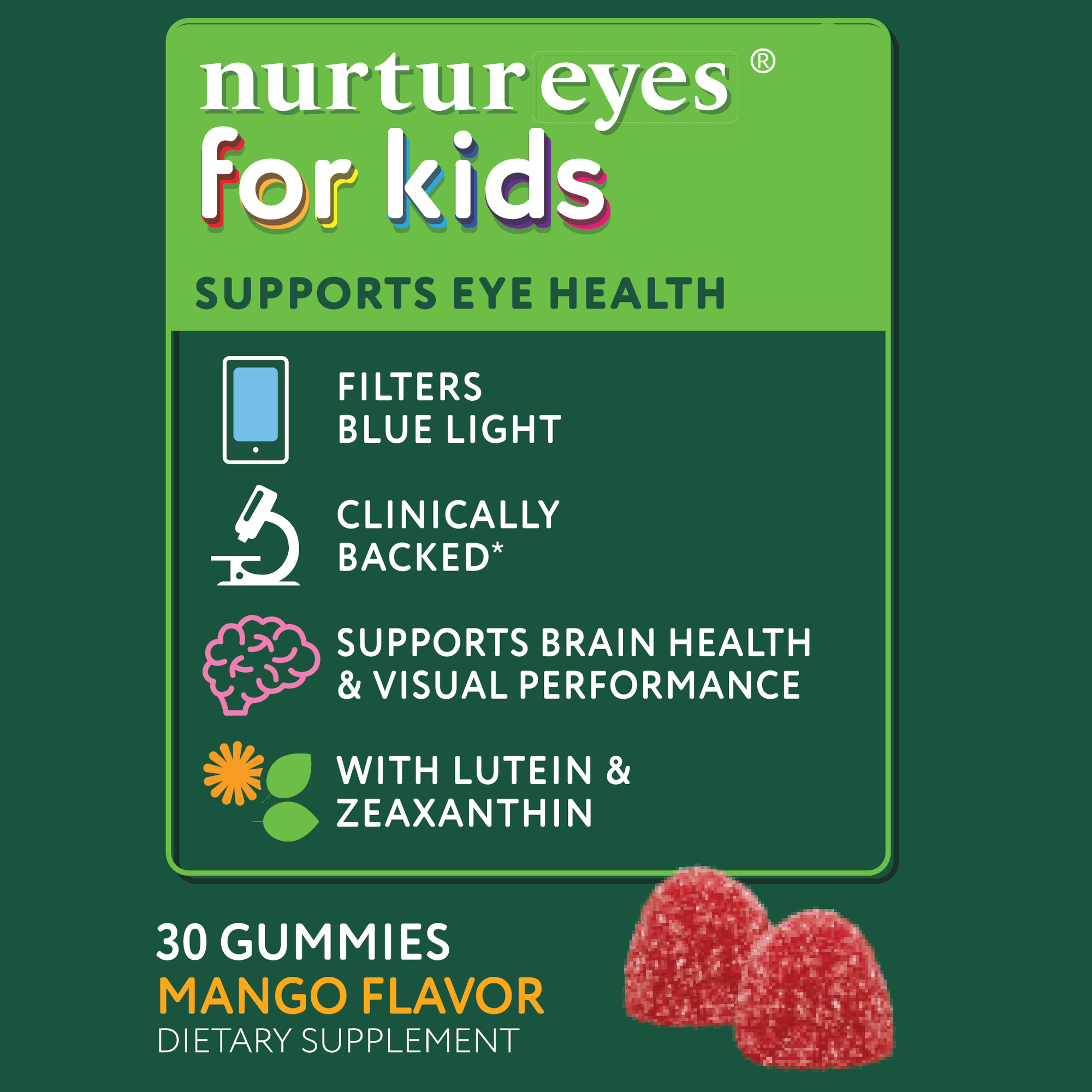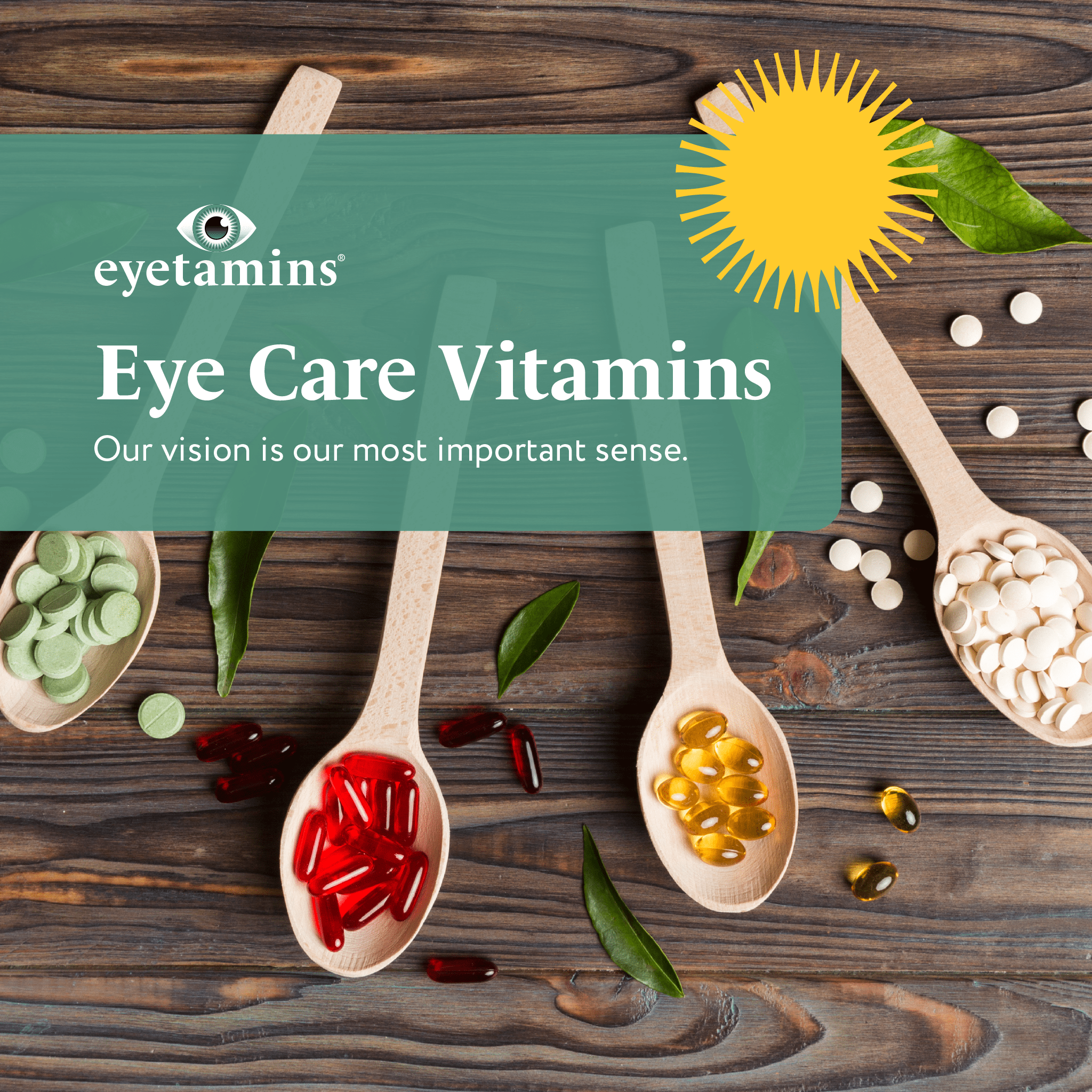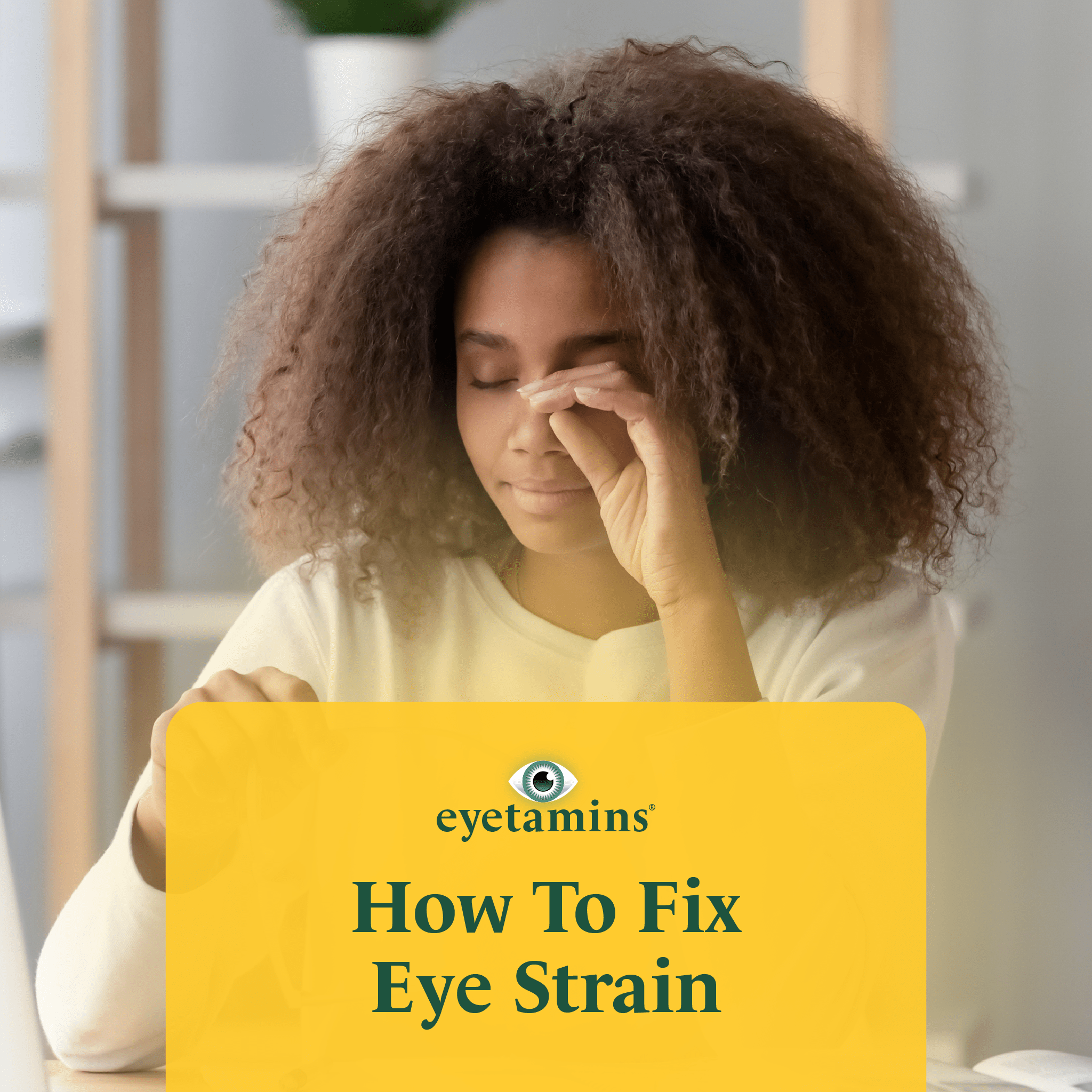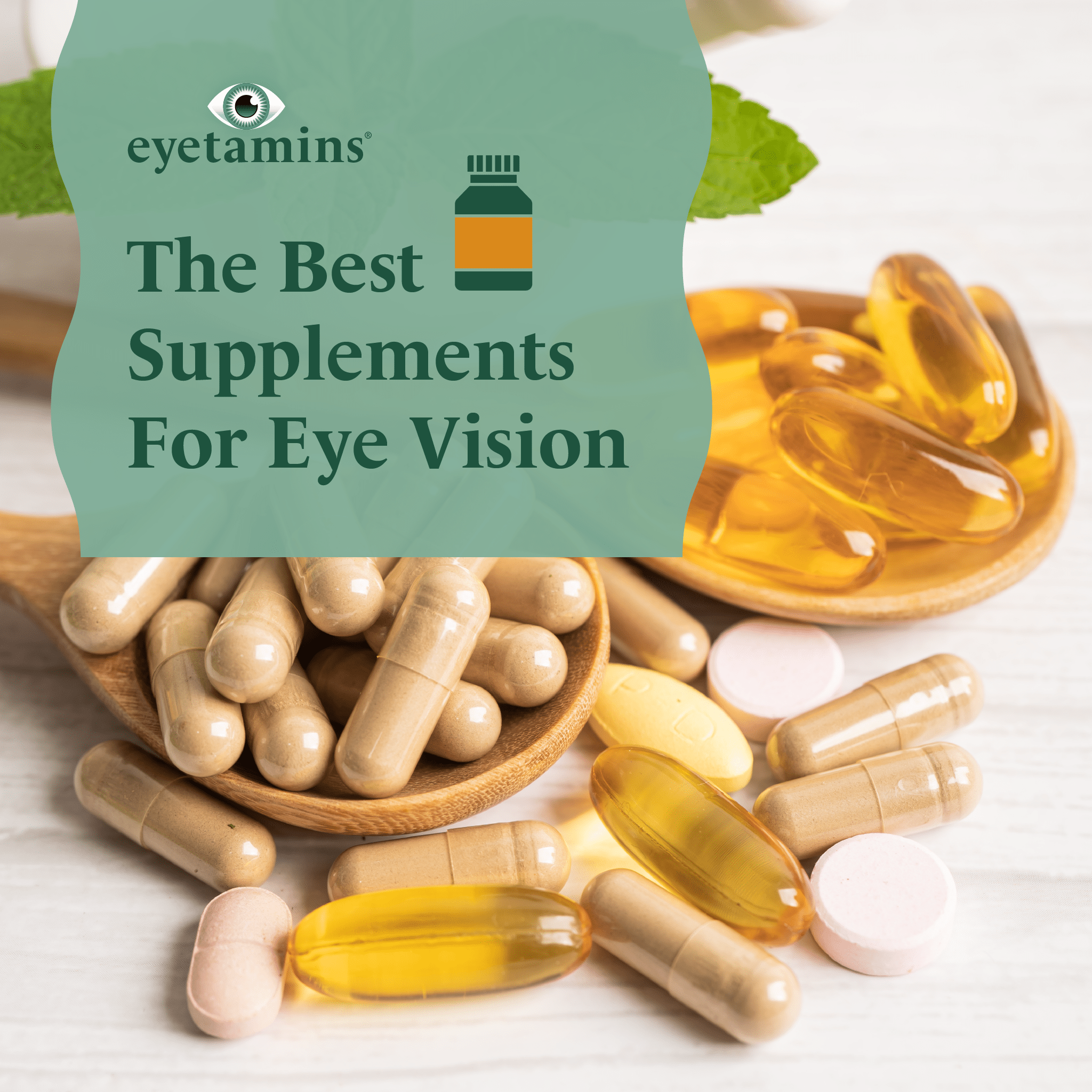· By Dr. Kaushal M. Kulkarni, M.D.
The Lutein Guide
Our health is without a doubt, the biggest investment of our lives. And there is one investment that many of us miss out on: our eye health. Treating them with the proper care as well as supplying them with the right nutrients are the right steps towards healthy vision in our future.
We strongly recommend practicing good habits such as limiting computer time, using lubricating tears, wearing sunglasses, and getting enough rest. However, we would like to introduce to you a game-changer when it comes to your vision health: lutein. In this article, we will explore what this nutrient is, some of its benefits, and how our supplement stacks up against other brands.

What Is Lutein
Lutein is a carotenoid, which is a naturally occurring pigment in fruits and vegetables, which gives them their characteristic colors. You can find the lutein carotenoids pigment in green leafy vegetables like spinach and kale, as well as in carrots. Animals ingest it when eating plants, so for this reason it can be found in egg yolks, animal fats, as well as in us. That said, we may still not be getting enough lutein to reduce the risk of age related macular degeneration without use of dietary supplements like Eyetamins Blue Blocker, or Vision Support.
Found in the human retina, this carotenoid is absorbed from the blood and ends up in the macula, which is located at the back of your eye. Both lutein and zeaxanthin are the only dietary carotenoids that accumulate in this region. Because they are found in such high amounts in the macula, they are known as macular pigments.
Lutein Benefits
This carotenoid is well known for its antioxidant properties, most notably for the eyes. Antioxidants work to neutralize reactive compounds called free radicals. These free radicals can cause damage to our organs and can even cause disease if they are not addressed.
Not only is this carotenoid an antioxidant, but it is also an anti-inflammatory. New research has shown that our favorite nutrient may suppress inflammation in people with coronary artery disease. It may even play a hand in lessening the inflammation of rheumatoid arthritis.
Lutein was found in a large, randomized clinical study conducted by the NIH called the AREDS2 study to be beneficial in slowing down the progression of macular degeneration.
Not only that, but it may help prevent colon cancer, breast cancer, and diabetes. Additionally, it can also have protective effects on our skin, shielding it from UV damage. The list goes on and on. We are getting more and more excited as this carotenoid’s benefits are beginning to pile up.
Ocuvite Lutein vs. Eyetamins Blue Blocker
In our groundbreaking Blue Blocker® supplement, we offer double the amount of lutein as our competitor Ocuvite. New research has shown that 20 mg of this vitamin, alongside 4 mg of zeaxanthin, can increase the density of macular pigment. This will strengthen your macula, and thus overall vision. Additionally, it helps improve sleep and ocular strain by blocking the blue light at the retinal level due to these macular pigments being natural blue light filters.
Our premium brand name ingredient is Lutemax® 2020, which contains some of the highest quality lutein and zeaxanthin in the world. Considered to be one of the doctor's best lutein sources, this sustainably-harvested ingredient is carefully curated from seed to sale, as well as produced in a way that supports the local community of farmers.
Also, unlike Ocuvite’s product, we are offering saffron, European bilberry, and vitamin C in our Vision Support formula. These are all ingredients known for their strengthening of the macular pigment and have had positive results against the prevention of AMD, dry eyes, cataracts, night blindness.

Lutein for Eyes
As you can ascertain from the above information, this antioxidant is important for ensuring healthy eyes. It has been studied in macular degeneration, one of the most common reasons for visual impairment and blindness in the US, affecting millions.
As we stated before, this nutrient provides antioxidant effects to the body, most notably in the eyes. This antioxidant superhero fights the free radicals that can damage the macula and other parts of the eye. Working in combination with zeaxanthin, these macular pigments can absorb the harmful high-energy blue light from the sun and our digital screens. Studies have suggested that they can help treat vision problems brought on by long-term exposure to light from computer screens.
Researchers have suggested that incorporating a diet rich in fruit and vegetables containing lutein is highly encouraged but also suggested going a step further and taking supplements would be beneficial. This is especially essential in certain populations that have a higher risk of some of the conditions we have mentioned. One group that is especially high risk are the elderly.
Lutein Vitamins
Most people don’t get enough lutein in their diet. On average, Americans consume an estimated 1 to 2 milligrams of it daily. Though there isn’t a recommended daily dose, notable health benefits have been achieved when using anywhere from 6 to 20 milligrams a day. This can come in the form of foods or vitamin supplements. Ten milligrams was the amount recommended in the AREDS 2 trial.

This beneficial antioxidant is recognized as safe by the Food and Drug Administration and can be used as an additive in the manufacturing of food. The risk of consuming too much is very low. There have been no reports of toxicity in the AREDS trials.
If you’d like to increase your daily intake, you can find it in green, leafy vegetables like kale, spinach, and collard greens. You can also find it in zucchini, squash, kale, broccoli, corn, peas, and brussels sprouts. Carotenoids are fat-soluble, so they are best absorbed into the body when eaten with fat, like olive oil or butter. Eggs also provide a source of this carotenoid but may have less quantity per serving than vegetables. However, within eggs, it is in a more accessible form for our bodies to consume since the fat in the yolks can help with its absorption.
Lutein Supplements
 We heavily encourage the consumption of these nutrient-rich foods. The easiestway to consume lutein, however, is in supplement form. Keeping track of milligrams of daily food intake can be difficult. We help you simplify it with our premium Blue Blocker product. It offers a 20 mg daily dose, which will be sure to relieve your eyes of blue light, as well as to help you prevent harmful eye issues in the future.
We heavily encourage the consumption of these nutrient-rich foods. The easiestway to consume lutein, however, is in supplement form. Keeping track of milligrams of daily food intake can be difficult. We help you simplify it with our premium Blue Blocker product. It offers a 20 mg daily dose, which will be sure to relieve your eyes of blue light, as well as to help you prevent harmful eye issues in the future.


